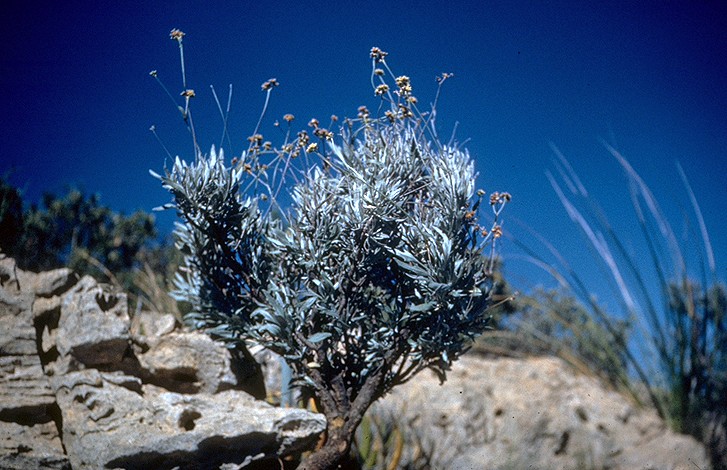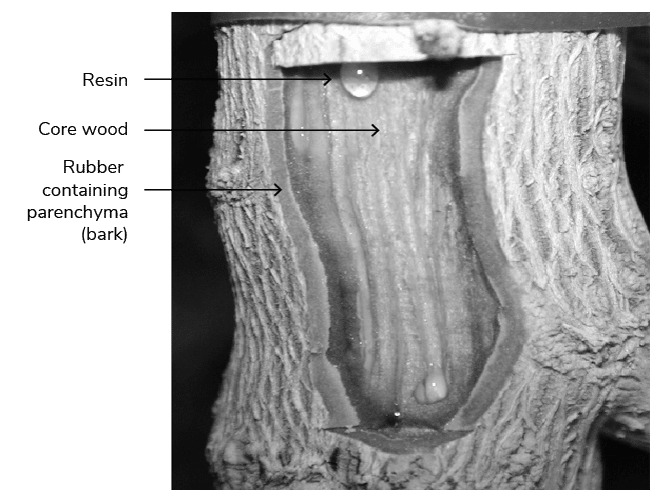The Potential of Guayule
Guayule, pronounced why-YOU-lee, provides an alternative and sustainable commercial source of rubber for breakthrough biomaterials. Since 1999 American BioRubber has led the industry in developing guayule crops to create sustainable rubber products.
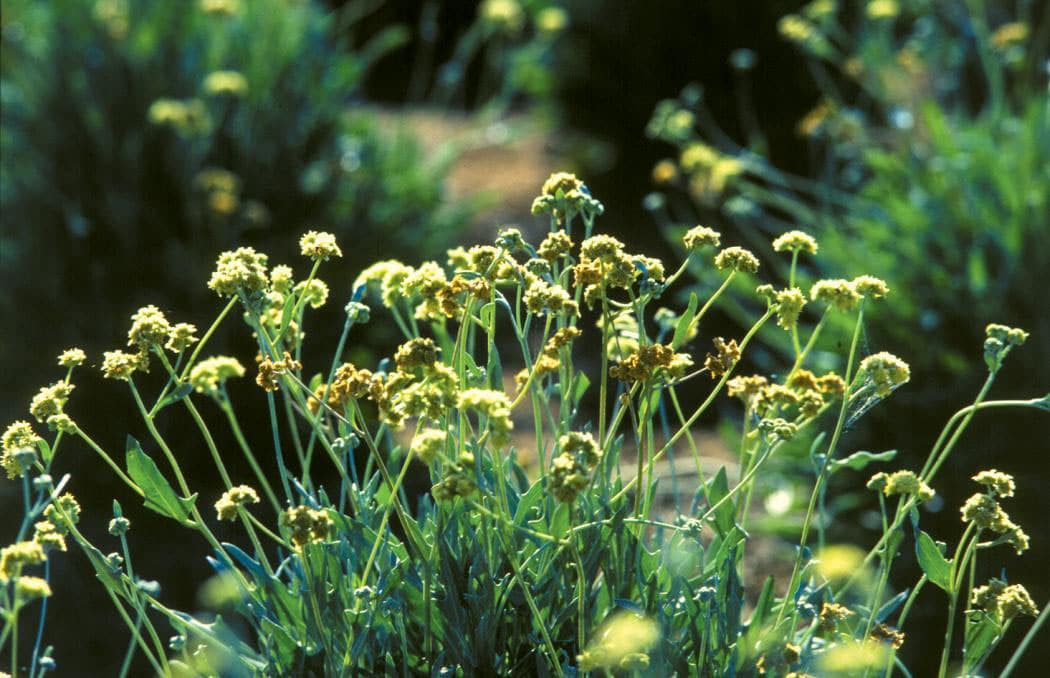
About the Guayule Plant
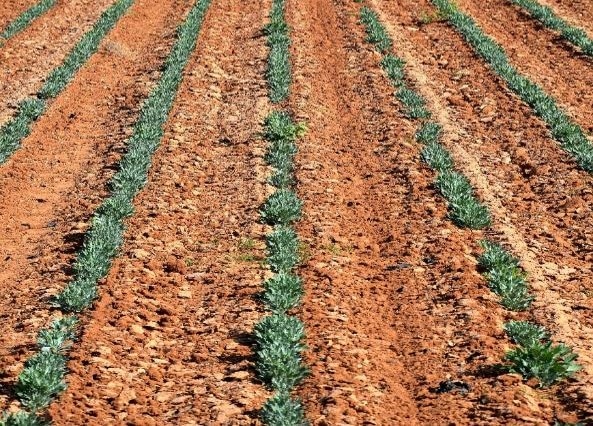
Guayule is a perennial, non-food crop
9-17 months to first harvest, then annual harvests (variety dependent)
Grows successfully on marginal land
Low water usage compared to cotton/alfalfa (~6 acre feet/year)
18+ tons of residual dry biomass/acre
Tremendous upside through agroscience development activities
Aligns with existing agronomic practices
High output = 1 ton/rubber/acre, already equal to SE Asian rubber plantations (per acre basis)
Guayule (Parthenium argentatum), a woody, evergreen shrub that originated in the deserts of the U.S. Southwest and Mexico. Is the only species other than the Brazilian rubber tree (Hevea brasiliensis) that is used commercially for the production of rubber.
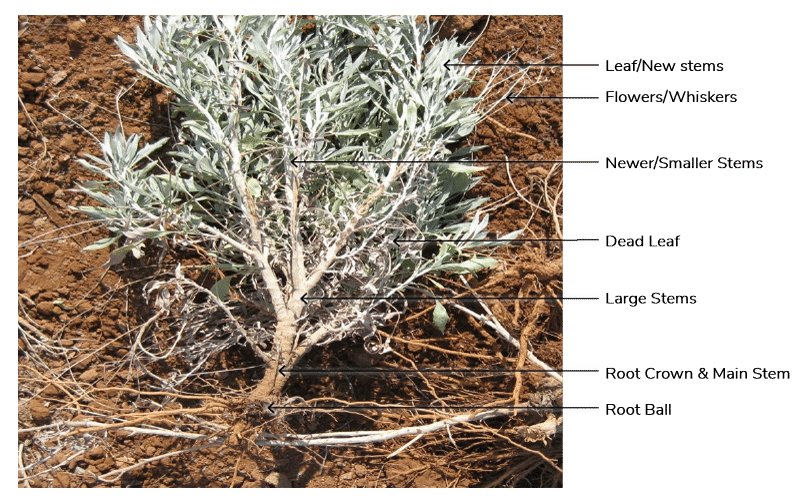
Amercian Biorubber and Guayule
American BioRubber was the first company to developed multiple processing methods for the extraction and refinement of guayule seed oil, a unique oil high in Linolenic Acid which is an essential fatty acid belonging to the omega-3 fatty acids group.
